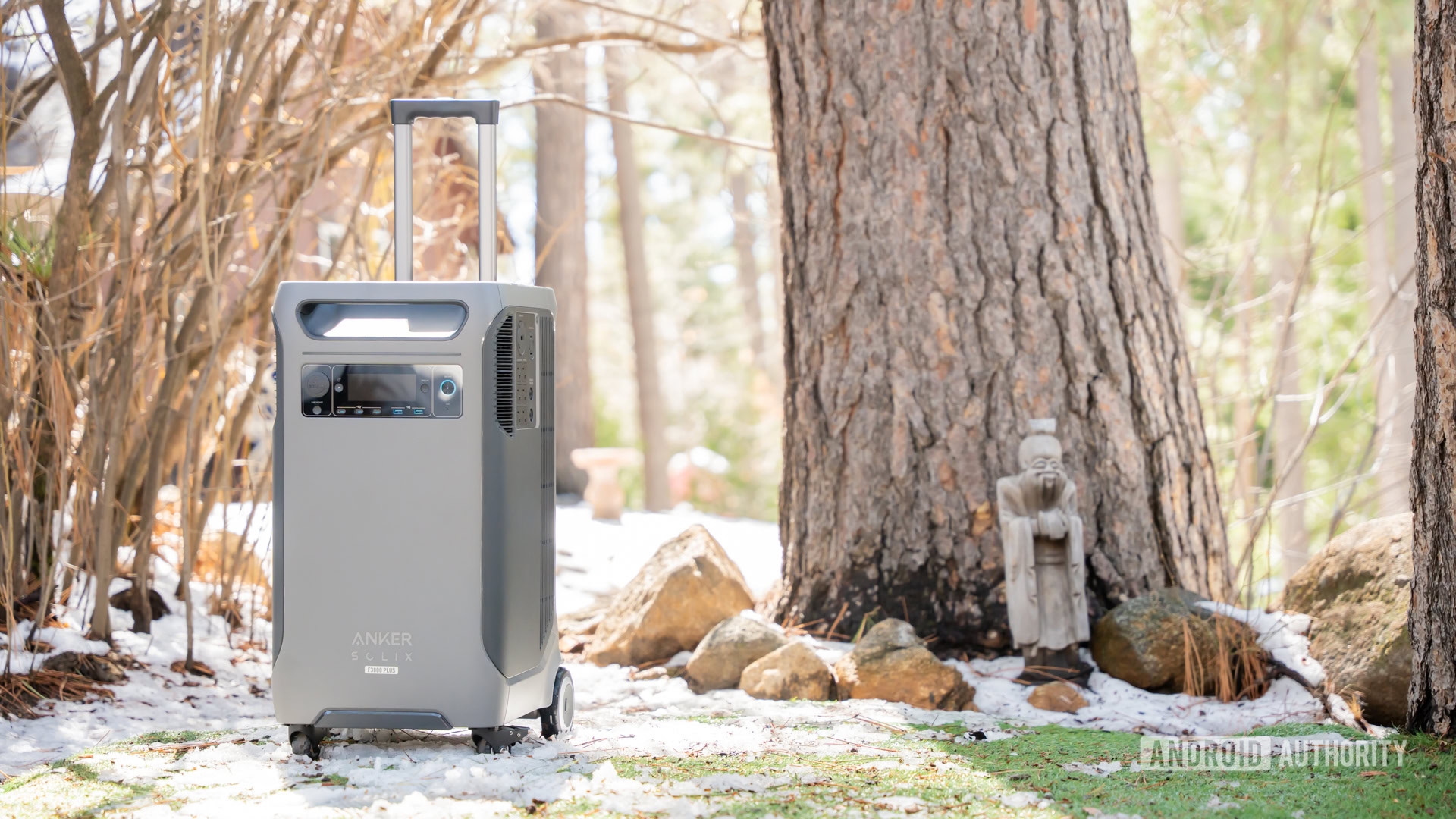After a decade of experimenting, failing, and growing, most of us have figured out how to overcome the most common financial blunders of our 20s by the time we hit 30.
But as you enter a new decade, you'll face a whole new set of challenges.
We consulted financial experts to help you avoid money mistakes in your 30s as you navigate homebuying, relationships, starting a family, and saving for retirement.
Original reporting by Kathleen Elkins.
SEE ALSO: The 13 dumbest things to do with your money in your 20s
DON'T MISS: 'If you are human,' you should be investing your money, financial editor of NBC's 'Today' show says
1. Saving too much in the wrong places.
Investing is important, but oftentimes people in their 30s have placed too much emphasis on the 401(k) or other types of retirement plans, and have neglected to save for other big purchases, explains Brandon Moss, certified financial planner and VP of wealth adviser management at United Capital.
"You definitely want to maximize the match in your 401(k) or other types of plans," he explains, "But there are other major purchases coming along, especially if you're starting to have kids or looking to buy a house, that you want to have savings for."
Contribute money towards a retirement fund, but don't forget to set aside money for other things, such as a house, car, vacation, or your children's education. Moss recommends setting up multiple savings accounts to start saving for specific purchases. Check the online interface of your bank and see if it will allow you to create sub-savings accounts.
2. Prioritizing your kid's education over your own retirement.
While focusing too heavily on the 401(k) is a common mistake, not setting aside enough money for retirement also remains a big issue, especially when kids enter the picture.
Obviously, your child's education is important, but "your number one priority in your 30s — even if you have a family — still has to be retirement," says Michael Egan, certified financial planner and partner at Egan, Berger & Weiner, LLC. Think long term, he advises; if you don't set aside enough money for your own retirement, your child may have to support you in the future, which could end up being more expensive in the long run than student loans would be.
"Make sure you're on pace for a decent retirement before you start setting aside money for college," he says. "Once you're on pace for that, and you have extra funds that you can set aside for a goal like college, definitely do that." He advises starting with a 529 savings plan.
3. Neglecting insurance.
Insurance in general — health, life, home, and disability — often gets put on the back burner, for two main reasons: "It's not something that's fun to talk about, so it often gets put off longer than it should," explains Moss, "And many times, people don't get great insurance advice. Oftentimes, people are advised to just get covered — it doesn't matter what type, just get something — but years down the road when they're in their late 40s and 50s and something happens, they find that they don't have the proper type or amount of insurance."
Moss advises you put in time to research insurance plans, or talk to a trusted adviser. Here are the exact types of insurance you should have in your 30s.
See the rest of the story at Business Insider
from Strategy http://ift.tt/2r7AV8z
via IFTTT

No comments:
Post a Comment